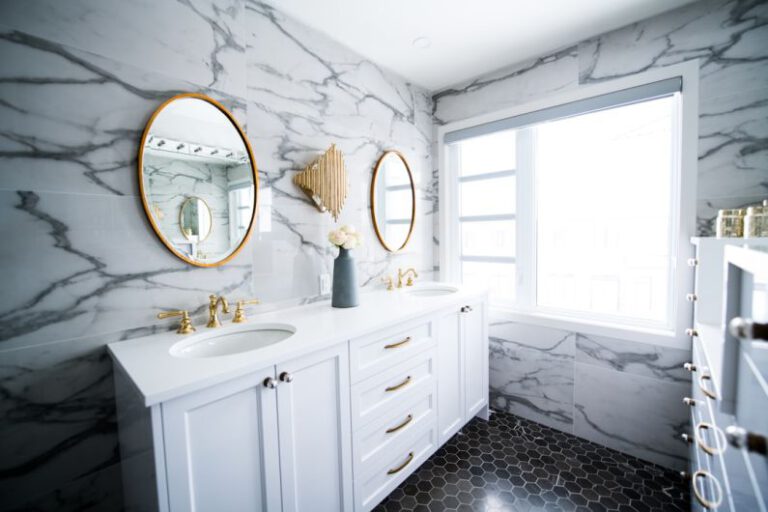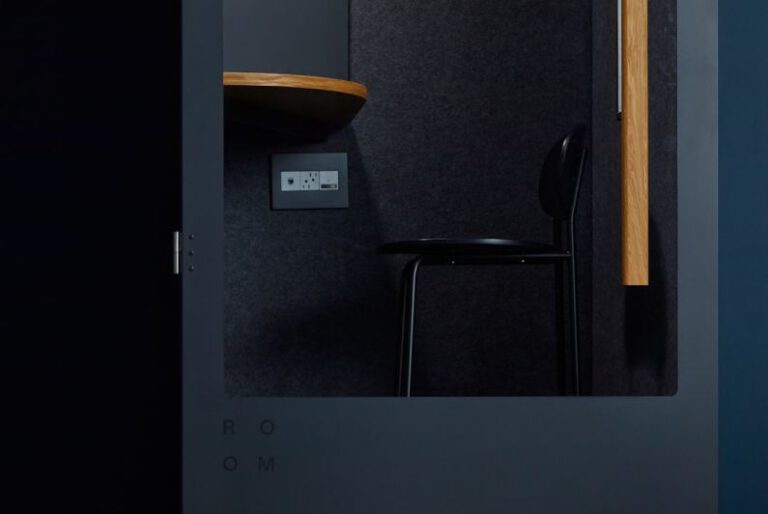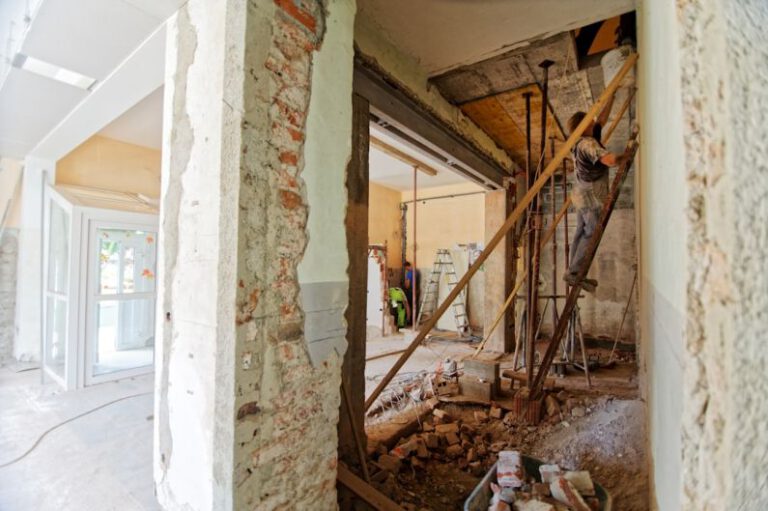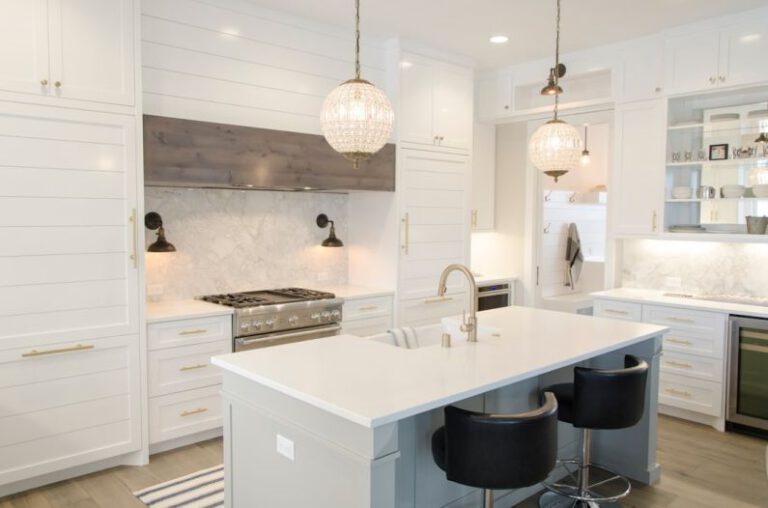How to Choose the Right Contractor for Your Project?
When embarking on a home improvement or construction project, one of the most critical decisions you’ll make is choosing the right contractor. The success of your project largely depends on the contractor you hire, so it’s essential to take the time to select the best fit for your needs. With numerous options available, finding the perfect contractor may seem daunting. However, by following some key guidelines and doing thorough research, you can make an informed decision that ensures your project runs smoothly and efficiently.
Understand Your Project Needs
Before you start searching for a contractor, it’s crucial to have a clear understanding of your project needs. Whether you’re planning a kitchen renovation, a new roof installation, or a complete home remodel, knowing the scope of work required will help you narrow down your options. Make a list of the specific services you need and any preferences you have regarding materials, timelines, and budget constraints. Being clear about your project requirements will enable you to communicate effectively with potential contractors and ensure they can meet your expectations.
Research Potential Contractors
Once you have a clear idea of your project needs, it’s time to start researching potential contractors. Begin by asking for recommendations from friends, family, or colleagues who have recently completed similar projects. Online review platforms and contractor directories can also provide valuable insights into the reputation and quality of work of different contractors. Look for contractors who have experience in the type of project you’re planning and have a track record of delivering high-quality results.
Check Credentials and Licenses
Before hiring a contractor, it’s essential to verify their credentials and licenses. A reputable contractor should be properly licensed and insured to protect you in case of any accidents or damage during the project. Ask for proof of insurance and licensing, and ensure they are up to date. Additionally, check if the contractor is a member of any professional associations or trade organizations, as this can indicate their commitment to high standards of professionalism and quality.
Request References and Portfolios
To get a better sense of a contractor’s work quality and reliability, ask for references from past clients and examples of their previous projects. Contacting references will give you valuable insights into the contractor’s communication style, work ethic, and ability to meet deadlines. Reviewing their portfolio will also help you assess their craftsmanship and design aesthetic to see if it aligns with your vision for the project. A reputable contractor will be happy to provide references and showcase their work to demonstrate their capabilities.
Get Multiple Bids
To ensure you’re getting a fair price for your project, it’s advisable to obtain bids from multiple contractors. Request detailed estimates that outline the scope of work, materials to be used, project timeline, and total cost. Be wary of significantly low bids, as they may indicate subpar workmanship or the use of inferior materials. Compare the bids carefully, taking into account the contractor’s experience, reputation, and the overall value they offer. Remember that choosing the lowest bid isn’t always the best option; prioritize quality and reliability over price alone.
Communicate Expectations Clearly
Effective communication is key to a successful contractor-client relationship. Once you’ve selected a contractor, clearly communicate your expectations regarding project timelines, budget, design preferences, and any specific requirements you may have. Establish a communication plan that outlines how you will stay in touch throughout the project and how often you will receive updates on the progress. Being transparent about your expectations from the outset will help prevent misunderstandings and ensure that the project runs smoothly.
Monitor Progress and Provide Feedback
Throughout the project, stay actively involved by monitoring the contractor’s progress and providing feedback as needed. Regularly inspect the work being done to ensure it meets your standards and address any concerns or issues promptly. If changes or adjustments are required, communicate them clearly to the contractor and discuss any potential impact on the timeline or budget. By staying engaged and providing feedback throughout the project, you can help ensure that the final result meets your expectations.
Evaluate the Finished Project
Once the project is complete, take the time to evaluate the finished result and assess the contractor’s performance. Walk through the completed work with the contractor to identify any remaining issues that need to be addressed. If you’re satisfied with the outcome, consider leaving a positive review or testimonial to recommend the contractor to others. Conversely, if you have concerns or are dissatisfied with the work, address them with the contractor directly and work together to find a resolution. Evaluating the finished project will help you identify areas for improvement and inform your decision-making process for future projects.
In conclusion, choosing the right contractor for your project is a crucial decision that requires careful consideration and research. By understanding your project needs, researching potential contractors, checking credentials, and communicating effectively, you can find a contractor who meets your requirements and delivers high-quality results. Remember to evaluate multiple bids, monitor progress throughout the project, and provide feedback to ensure a successful outcome. By following these guidelines and taking the time to select the best contractor for your needs, you can embark on your project with confidence and peace of mind.






